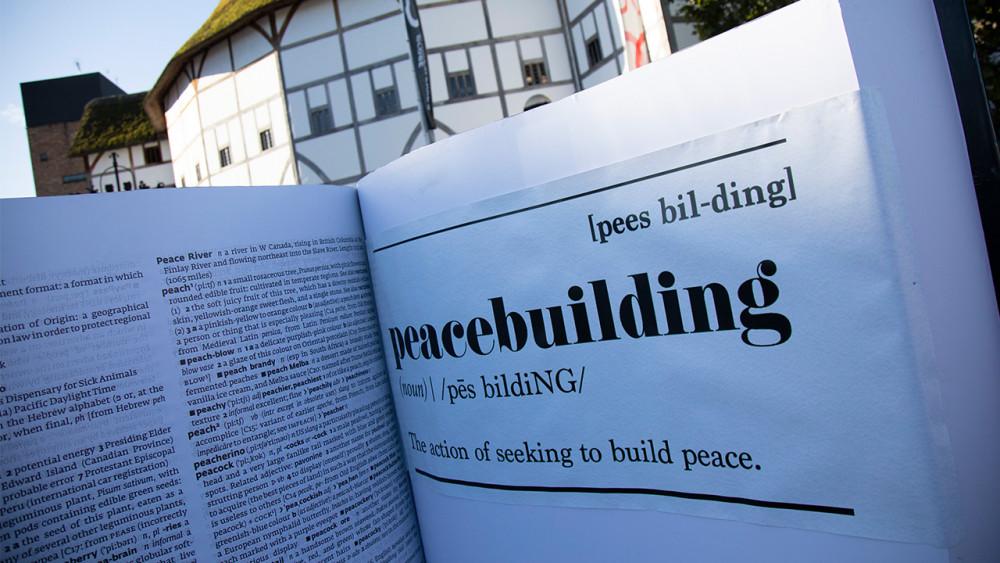Africa-Press – Tanzania. THE government has been advised to put more efforts on peace building internally and externally to groom a generation of people, who love peace and nation building to foster security domestically and in the region.
That was said on Wednesday by retired Colonel Isaac Katanda of Institute of Peace and Conflict Studies in Africa (IPCS), during a week ongoing seminar in Dar es Salaam, adding that Tanzania will not remain immune to chaos, unless we maintain peace we have.
“This is a collective responsibility of the government, actors and all stakeholders as well as the citizens. We should have a culture of peace building domestically and in the bloc, instead of focusing on peacekeeping force to dispatch whenever, a problem rises,” he pointed out.
The facilitator further said: “If we (read government) don’t work as a team with other actors in fighting cybercrime and other forces triggering chaos and insecurity, definitely we shall be threatening peace and security of the country and region, our liberators sacrificed their lives for.”
On his part, IPCS Director Cosmas Bahali praised the government for creating and promoting structures as well as policies, which make peace to flourish in the country.
He said besides Kiswahili promotion that unites Tanzanians as a medium of communication and creating jobs for the youth to be engaged in development, in a way make everyone feel part and parcel of the system and country to maintain and respect.
Mr Bahali added the seminar comprising government officials, military, police as well as other stakeholders will enable the participants become ambassadors in the own areas to promote peace and resolve conflicts, which should not be taken for granted for the sake of building the country.
The seminar being jointly organised by the IPCS and the United Nations Development Programme (UNDP) with funds from the government of Japan was aimed at strengthening national capacities in crisis prevention, conflict resolution, peace consolidation interventions, and multidimensional peacekeeping operations for the African Union and United Nations Peacekeeping operations.
Another facilitator, Fitsum Abraha from the UNDP said since independence, African states have struggled under the burden of European models of governance, hobbled by these alien frameworks, they have limped from crisis to crisis, unable to establish their democratic legitimacy or to quell the secessionist demands of marginalized minorities, something that must now change.
“Africans had several methods of performing conflict resolution in the traditional societies including mediations, adjudications, reconciliations, arbitrations and negotiations and they were effective, why go for cosmetic means tailored without our consent?” he posed.
He further said Tanzania is respected for contributing forces in the Great Lakes Region, first because she preaches it in the country, but that won’t be enough if the coming generations are not taught to build it with their neighbours.
“Look, the United Nations Security Council established the International Criminal Tribunal in Arusha, Tanzania, perhaps because the country displays and preaches peace and to prosecute persons responsible for genocide and other serious violations of international humanitarian law as a warning that people should live in peace,” he added.







